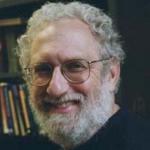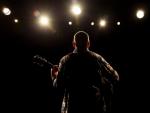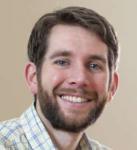Karen Street had a jarring experience in 1995 - she found that her prejudices and beliefs opposing nuclear power were ill-founded, and that the alternatives were doing much greater damage to people, other animals & the Earth. Carefully researched and examined, Karen provides a compelling, compassionate case for using nuclear power.
Karen's most recent articles in Friends Journal can be found in the Nuclear Power in a Warming World section of her blog, .
She is associated with Friends Energy Project







Add new comment